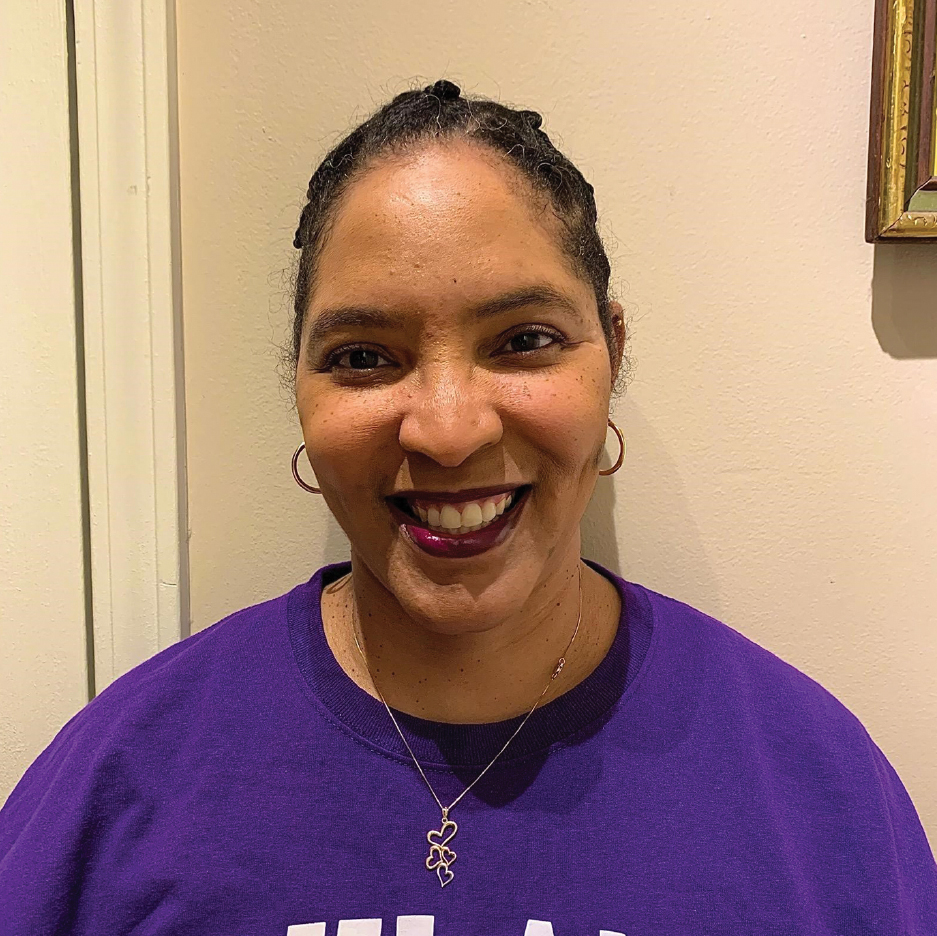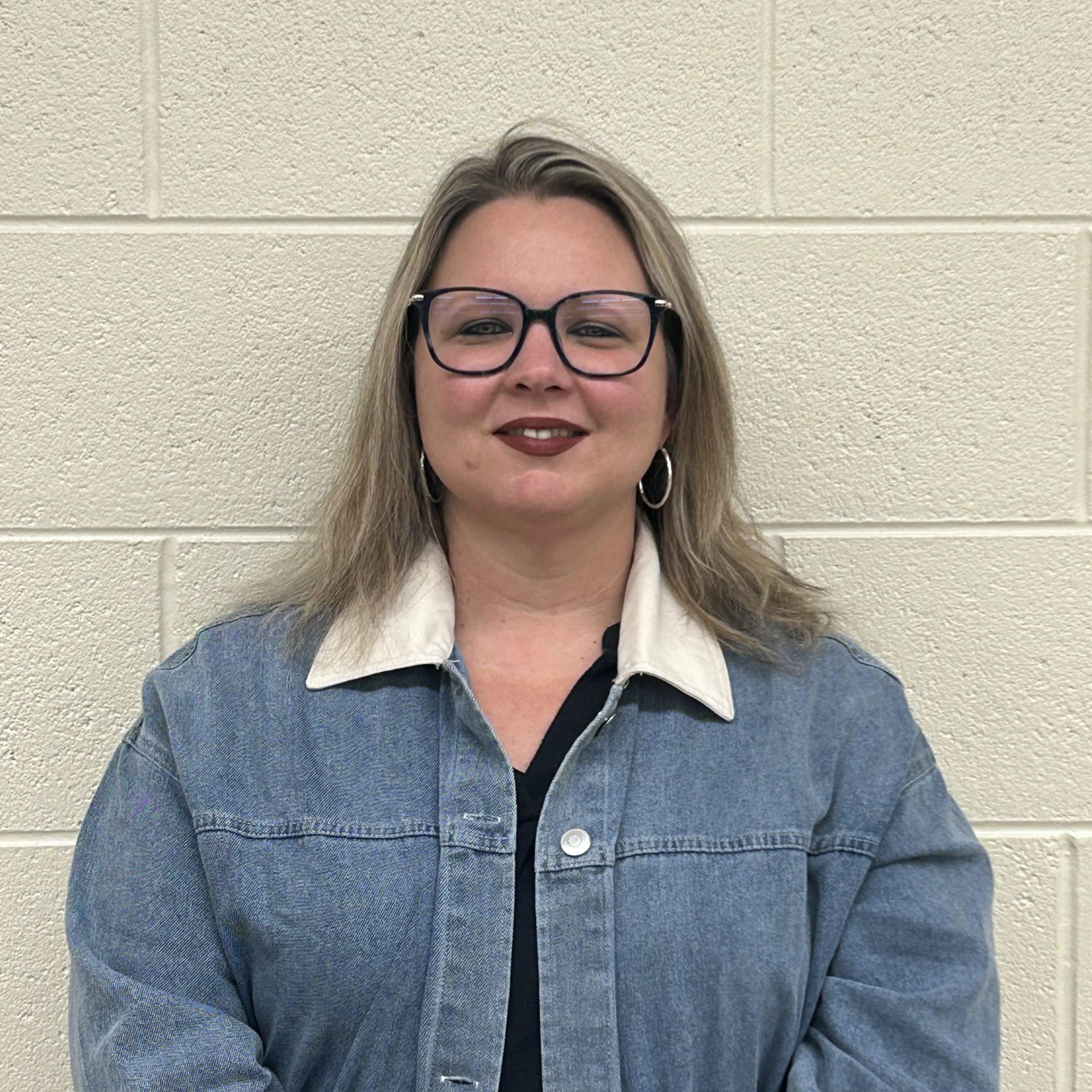Cateisha Wardlaw

Cateisha Wardlaw is a paraeducator in Pontiac, working with high school students who have autism. She has worked in the district for 15 years; her dream is to be a preschool teacher. She has an associate’s degree in early childhood education, but she recently learned it would cost $50,000 to finish a bachelor’s degree and certification. Student teaching alone would require her to take a year off from her job and still pay for credits. “For me it’s either pay your bills or take a class. I can’t afford to do it.” Like many of her colleagues, Wardlaw works three jobs: the full-time para job, plus 20 hours providing respite care for a disabled adult, and part-time as a pharmacy tech. Wardlaw often stays after contracted hours to help with students—even though it’s unpaid. “I don’t think parapros get recognized enough for what we do,” Wardlaw said. This year the district began paying $80 in sub pay for paraeducators who take over a classroom when a teacher is absent, but in her room the money is split between three paras who have associate’s degrees. “I’m grateful they did that, but we joke about it. We’re like, ‘Oh, there’s gas money.’” She believes districts should offer better pay plus free training and tuition reimbursement to help interested support staff employees to grow in their jobs and move into teaching roles.


